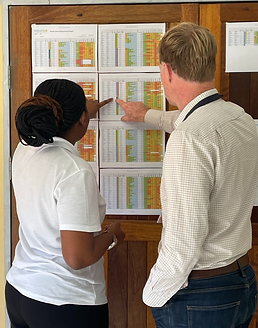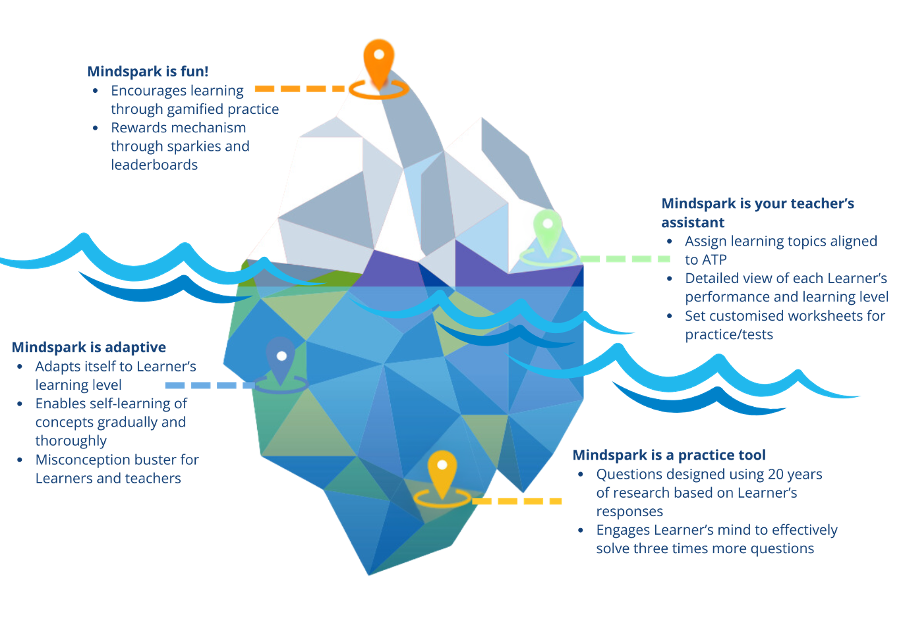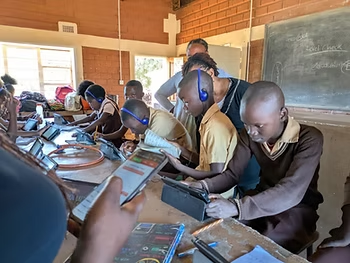Why Maths?

The link between education and life outcomes
It’s no secret that we have a bias towards Mathematics at Edulution. While all education is valuable to human development, we recognise that Maths education is particularly important in sub-Saharan Africa because:
▪ It serves as a gateway to higher education opportunities
▪ Employers use it as a filter when deciding who to hire
▪ It teaches both logical and abstract thinking plus mental flexibility - critical cognitive skills in all areas of life
▪ Maths competence is a potent source of confidence and self-esteem
Tragically, in South Africa, only 30% of final year school children do mathematics; of these, only 20% pass, with less than 1% gaining a distinction.

Our focus – on primary school catchup numeracy classes – greatly increases the chances that learners will retain Maths as a subject in high school and be eligible for the many professions where the subject is a requirement.
While Maths attainment pays dividends in multiple domains, there is ample evidence that absent or deficient maths education can be a lifelong handicap.
A recent study published in the Proceedings of the National Academy of Sciences found that “students who specifically lack mathematical education exhibited reduced brain inhibition levels in a key brain area involved in reasoning and cognitive learning. Findings show the reciprocal effect between brain development and education and demonstrate the negative consequences of a specific lack of education
during adolescence on brain plasticity and cognitive functions.”
There is now a widespread consensus in local and international literature that education –specifically, the quality of education – plays a central role in determining which individuals get jobs and how much they earn in the labour market.
Nobel Economic Prize winners Abhijit Banerjee and Esther Duflo found that “schooling increases earnings relatively linearly, in that each additional year of primary education adds about eight percent to earnings for a child: over the standard six years of primary schooling, income would increase for a child by about 50 percent.”
A study in the US found that “Even among workers with the same level of education, those with more math have higher wages on average and are less likely to be unemployed. These findings suggest that even students ending their formal education after high school can increase their future earnings by investing in more math courses while in high school.”

The correlation is clear and devastating in South Africa: “Despite 20 years of democratic rule, most Black children continue to receive a low-quality education, which condemns them to the underclass of South African society where poverty and unemployment are the norm.”
This substandard education does not develop their capabilities or expand their economic opportunities but instead denies them dignified employment and undermines their sense of self-worth.
By focusing Edulution’s resources on primary school maths, we are going beyond education to impact a child’s entire future. Through the door that maths education opens, children can access a brighter, more prosperous future.
See our Social Media Coordinators Posts on Facebook (click title)
Subscribe to our newsletter
Get updates, impact stories, and insights delivered straight to your inbox.




